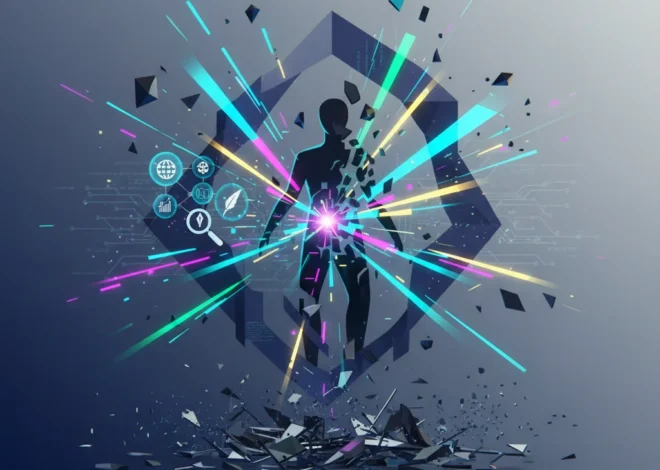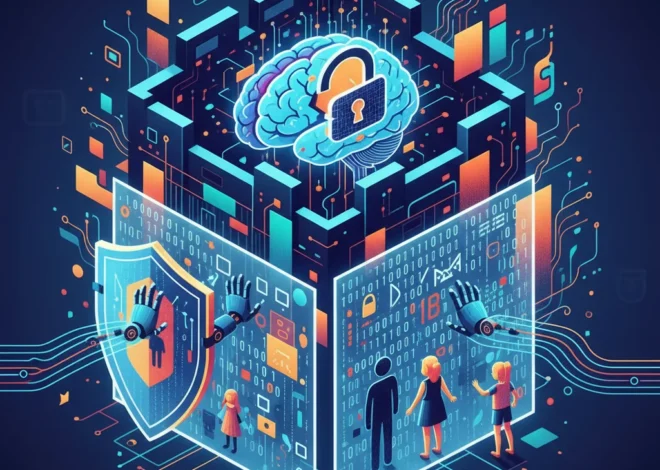
The Junior Developer Squeeze: How AI is Reshaping Your First Tech Job
You did everything right. You spent years grinding through computer science courses, mastering data structures, and perfecting your programming skills. You built a portfolio, polished your resume, and stepped out into the world, ready to claim your spot in the booming tech industry. But instead of a flood of offers, you’re met with… silence. Or worse, a string of polite rejections.
If this sounds familiar, you’re not alone. A recent BBC report highlighted a growing and uncomfortable truth: many computer science graduates are struggling to secure their first jobs. The culprit isn’t just a tough economy; it’s a paradigm shift driven by one of the most powerful forces in tech today: artificial intelligence.
Companies are increasingly leveraging AI to handle the very tasks that were once the bread and butter of a junior developer’s role. So, is the dream of a career in software development over before it even begins? Not at all. But the entry requirements are changing, and it’s time we talked about how to adapt.
The New “Intern” in the Office is an AI
Let’s be honest. For decades, the role of a junior developer was a form of apprenticeship. You’d be hired for your potential and tasked with “simpler” work: writing boilerplate code, fixing minor bugs, creating unit tests, or scripting basic automations. These tasks were low-risk for the company and provided an essential training ground for you to learn the codebase, understand professional workflows, and grow into a mid-level engineer.
Enter AI-powered coding assistants like GitHub Copilot and other large language models (LLMs). These tools, powered by sophisticated machine learning algorithms, excel at precisely these tasks. They can:
- Generate boilerplate code for a new feature in seconds.
- Write comprehensive unit tests based on existing functions.
- Translate code from one programming language to another.
- Explain complex code blocks in plain English.
- Debug and suggest fixes for common errors.
From a business perspective, especially for lean startups or companies focused on efficiency, the appeal is undeniable. Why spend weeks onboarding a junior developer to perform tasks that an AI can do in minutes? This wave of automation isn’t about replacing senior engineers; it’s about augmenting their productivity by eliminating the foundational, often repetitive, work. Unfortunately, that foundational work was the first rung on the career ladder.
It’s Not Just About Code, It’s About Value
The core of the issue is a shift in what companies consider “entry-level value.” The bar has been raised. Simply knowing how to write a Python script or build a simple React component is no longer enough to make you a compelling hire. The AI can do that.
Today’s employers are looking for entry-level talent that can operate above the level of the AI. This means moving from being a simple “code writer” to becoming a “problem solver who uses code.”
The New Skillset for the AI-Augmented Era
This isn’t a story of doom and gloom. It’s a story of evolution. The innovation driven by AI is forcing a necessary upskilling of the entire industry. For those just starting, this means focusing on the skills that AI can’t easily replicate. Here’s what you need to focus on right now:
1. Systems Thinking and Architectural Understanding
An AI can write a function, but it doesn’t truly understand where that function fits within a complex, distributed system. It doesn’t grasp the long-term implications for scalability, maintenance, or security.


